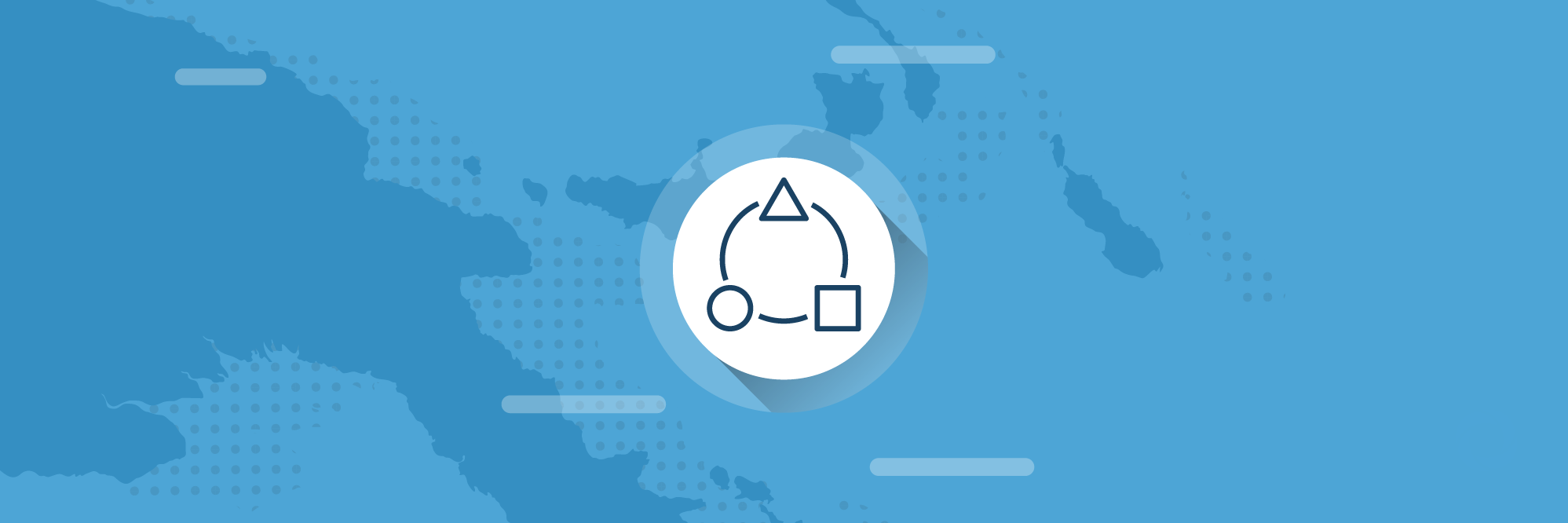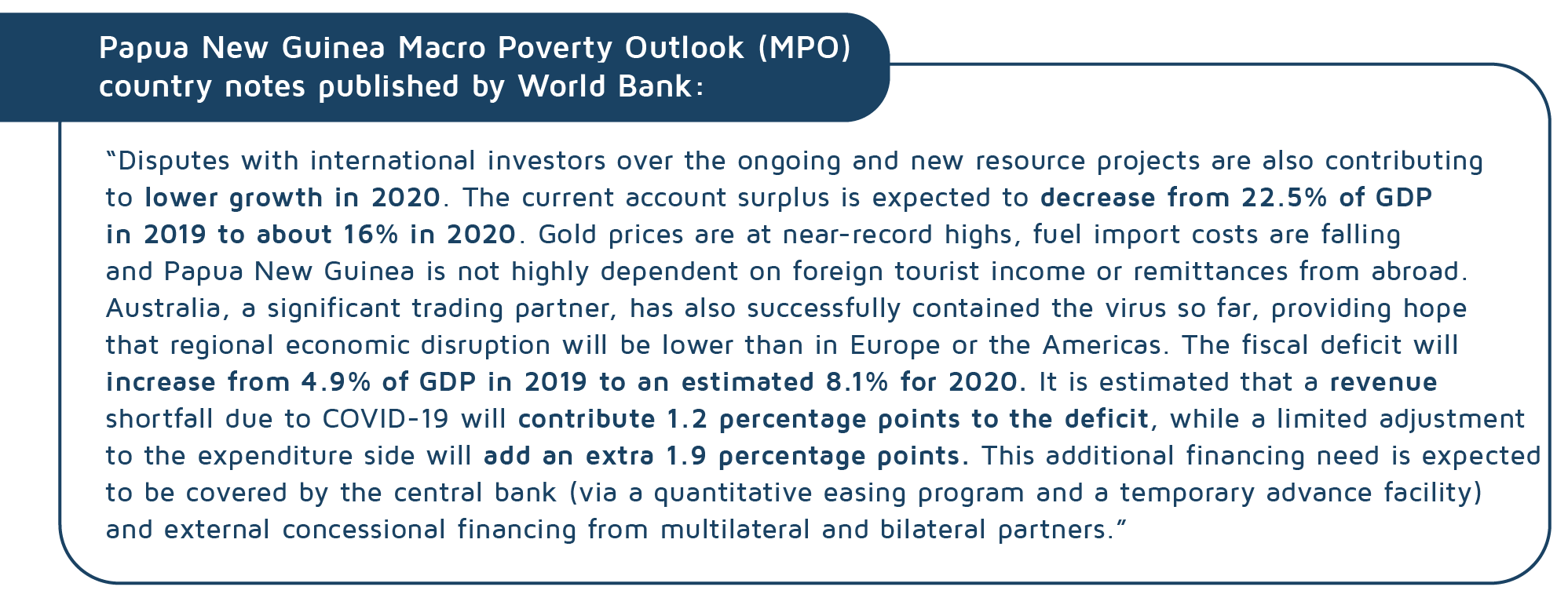There is a need for Papua New Guinea to diversify its economic base if it is to weather external and unexpected disruptions to its economic activities such as the one caused by COVID-19 according to a World Bank official.
The World Bank’s Chief Economist for East Asia and the Pacific, Aaditya Mattoo, when presenting the key findings of the 2020 Economic Update for East Asia and the Pacific Report for October said the Papua New Guinea (PNG) economy, which is highly dependent on its mineral and petroleum resources, must now focus its attention on other sectors of the economy to be able to become more resilient.
This call is not new in that the PNG Government has made efforts through various policy measures in the agriculture and tourism sectors to strengthen its base in order to achieve sustained economic growth and development.
The country’s economy has been hit hard by COVID-19 due to weaker overall demand and less favorable terms of trade. In response, the government has mobilized its resources and appealed to development partners and the private sector for additional support to protect the economy and livelihoods of vulnerable households and businesses. While the focus of the authorities is currently on crisis mitigation, experts consider it is also important to prepare the economy for a more robust and resilient recovery over the medium term.
“Our updated projections for 2020 suggest that the economy will contract 3.3% in 2020 (5.2% per capita). Pandemic-related international and domestic movement restrictions have weakened external and domestic demand and suppressed commodity prices, except for gold,” reported a World Bank statement when offering its latest assessment on South East Asia and the Pacific region of which Papua New Guinea is part.
The PNG Government reacted swiftly to the COVID-19 pandemic effects on the country’s economy, by approving a package of emergency health and economic relief measures of about 2.2% of GDP. The World Bank, the International Monetary Fund, and other donor partners have come on board to help the Government of Papua New Guinea to deal with the challenges posed by the pandemic.
Among others, the tax authority has granted deferrals for the filing and payment of tax returns for two months and prioritized the processing of tax refunds for goods and services relating to medical supplies. The PNG Central Bank has injected additional liquidity into the financial system and provided foreign currency for COVID-19-related purchases of medicine and medical equipment.
However, the implementation of emergency relief measures is rather slow.
A mobile phone survey was recently conducted to capture the impact of the pandemic at the household level, particularly for the poor. In the agricultural sector, where most of the poor work, nearly half of households reported expecting a decline in agricultural income for the current growing season. In terms of employment, approximately 25% of those working pre-crisis were no longer working during the week prior to data collection. According to a wealth index in the survey, the middle quintile of households (who represent the vulnerable and near-poor households) were most impacted by job losses.
The prevalence of extreme poverty in PNG is very high with about 38% of the population in 2010 (the latest household budget survey information available) living below the international poverty line of US$1.90 per day (2011 PPP terms).
To learn more about current funding opportunities in Papua New Guinea visit the DevelopmentAid platform.


